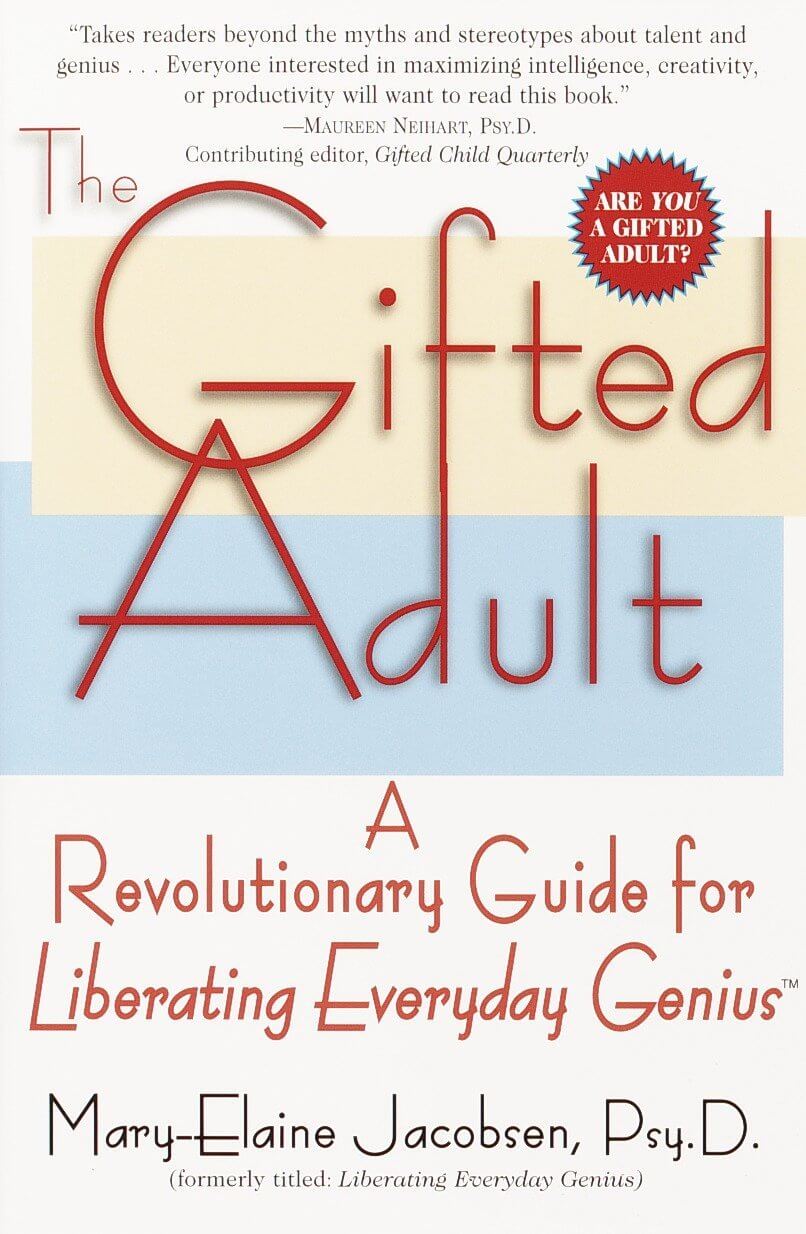
Crises of meaning are states of deep suffering, often paired with anxiety, depression, pessimism, and negative affect ( Schnell, 2016). It is only when an individual actually misses a sense of meaningfulness and suffers from this lack of meaning in life, a crisis of meaning occurs ( Schnell, 2009). Meaning in life has also been found to be positively associated with age ( Steger et al., 2006 Schnell and Becker, 2007 Pedersen et al., 2018).Īn absence of meaningfulness can be met with indifference, as in existential indifference ( Schnell, 2010 Damásio and Koller, 2015).

Individuals with a high level of meaning in life reported more happiness, lower depression, anxiety, and stress (e.g., Zika and Chamberlain, 1992 Debats, 1996 Mascaro and Rosen, 2005 Schnell, 2009 Damásio et al., 2013). Various empirical studies have emphasized the importance of meaning in life for humans’ psychological well-being, optimism, life satisfaction, self-efficacy, as well as physical and mental health (e.g., Ryff, 1989 King et al., 2006 Park, 2010 Roepke et al., 2013 Czekierda et al., 2017 Pollet and Schnell, 2017 Vötter and Schnell, 2019a). Belonging refers to a sense of having a place in this world, of being part of a bigger entity, e.g., humanity, society, family, or confession. Direction refers to a meta-orientation throughout life, guiding decisions, choices and goal pursuit. A sense of significance emerges when one’s actions resonate, are perceived by others, or produce results. Coherence originates when life is evaluated as comprehensible and consistent throughout various life domains. Meaningfulness is based on an experience of one’s life as coherent, significant, directed, and belonging ( Schnell, 2009). Instead of searching for meaning, however, it is the experience of meaningfulness and crisis of meaning that have repeatedly been shown to impact human lives. In his pioneering work, he proposed that the search for meaning is a primary force in humans’ lives (e.g., Frankl, 1985, 1996). Its psychological roots go way back to the founder of logotherapy Viktor E. Antonovsky, 1979 Seligman and Csikszentmihalyi, 2000 Schnell, 2016 Yeoman et al., 2019). Meaning in life is gaining increased attention among empirical scholars as well as in society (cf. Consequently, the intrinsic willpower to subdue inner responses, emotions as well as undesired behaviors might strengthen the positive effect between sources of meaning, life meaning, and subjective well-being. In this context, intellectually gifted individuals appear to particularly benefit from self-control. Results highlight that a generative orientation can help gifted individuals to advance a personal sense of meaning and happiness over time. However, as proposed, the latter’s subjective well-being was strongly related to self-control. Furthermore, the positive association between life meaning and subjective well-being was enhanced by trait self-control among the intellectually gifted but not among the high academic achievers. As expected, the actualization of generative orientations in life enhanced both gifted groups’ meaningfulness and, in further consequence, their subjective well-being over time. The former group experienced significantly lower levels of meaningfulness ( p = 0.001, η 2 = 0.076), self-control ( p < 0.001, η 2 = 0.090), and generativity ( p = 0.025, η 2 = 0.034) than the latter.

Longitudinal data of two gifted groups was obtained via an online study: 100 intellectually gifted individuals (55% female mean age 43 ± 9 years) and 52 high academic achievers (29% female mean age 57 ± 14 years). Furthermore, we hypothesized that the effect of meaningfulness on subjective well-being was conditional on trait self-control. This study examined if the devotion of one’s gift or talent to the well-being of others-i.e., the source of meaning “generativity”-would lead to a sense of meaning and, in further consequence, result in higher subjective well-being over time. However, there is a lack of research about what contributes to gifted adults’ meaning in life and how it could be enhanced. Meaning in life has been found to be of particular importance for the subjective well-being of intellectually gifted individuals.


 0 kommentar(er)
0 kommentar(er)
